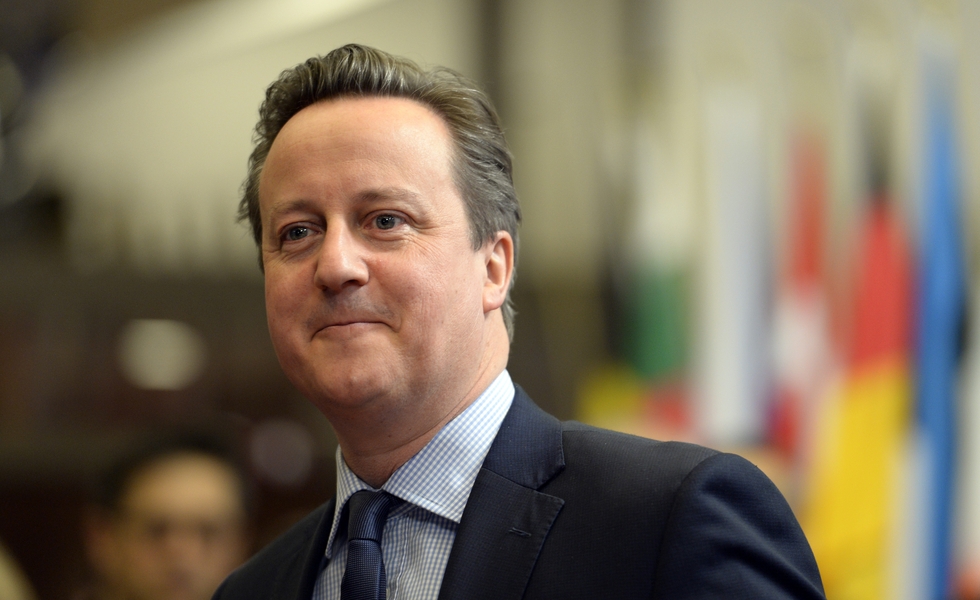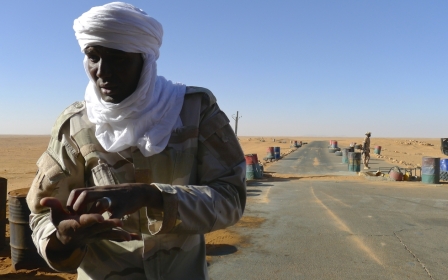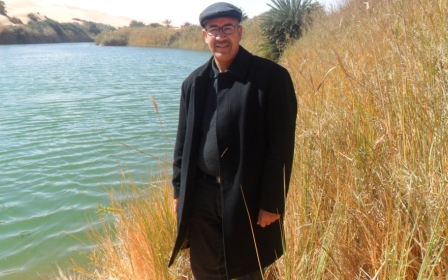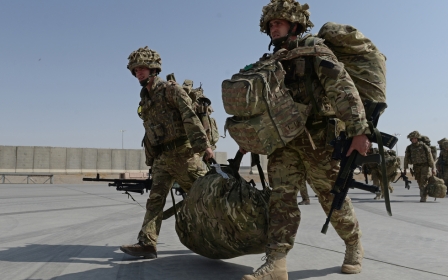Cameron urged to clarify UK stance on Libyan intervention

Pressure is growing on British Prime Minister David Cameron to clarify his country's position on its possible involvement in further military intervention in Libya.
Cameron was called on Thursday to appear before parliamentarians investigating the UK's role in Libya in an unusual move that followed criticism expressed by US President Barack Obama of his "distracted" leadership during the 2011 NATO-led intervention in which British fighter jets carried out bombing raids in support of Libyan rebels fighting to overthrow Muammar Gaddafi.
The chairman of the House of Commons foreign affairs committee, Crispin Blunt, said he made the invitation "in a spirit of courtesy, fairness and genuine inquiry".
Cameron appears before the liaison committee, a special gathering of parliamentary committee chairs, twice a year but rarely appears in person before other committees.
The move comes after US President Barack Obama appeared to criticise Cameron and former French leader Nicolas Sarkozy for losing interest after their joint bombing campaign that led to the fall of Gaddafi in 2011.
The committee had raised the prospect of the intervention following a trip to Egypt and Tunisia, saying it had heard of British plans to contribute 1,000 ground troops to a 6,000-strong international force due to be sent to Libya in the near future.
"Given your key role in the development of international policy before, during and after the 2011 intervention - a role which is continuing now with the formation of the government of national accord - the committee believes it is only appropriate to extend this invitation to you in a spirit of courtesy, fairness and genuine inquiry," Blunt wrote to the prime minister.
Cameron is not forced to give evidence but by convention he should agree. Blunt, a member of Cameron's Conservative party, said he hoped the appearance could be arranged before the end of the parliamentary session in early May.
The defence ministry on Tuesday said in a statement that it was not planning to extend its bombing campaign against the Islamic State (IS) group to Libya, or to send troops to bolster security in the north African country.
Speaking at Prime Minister's Questions in parliament on Wednesday, Cameron said that any action on Libya would require parliamentary approval.
“If we had any plans to send conventional forces for training in Libya we would of course come to this house and discuss them,” he said. “What we want to see in Libya is the formation of a unity government.”
The UK has already sent an adviser team to the border of Tunisia and Libya to aid Tunisian forces in their fight against IS-aligned militants.
British forces last week reportedly helped direct Tunisian forces' response to an attack on Ben Guerdan, not far from the tourist resort of Djerba.
Libya descended into chaos after the 2011 toppling of Gaddafi allowed groups including IS to gain significant ground.
Italy has agreed to lead a UN-mandated international stabilisation force into its troubled former colony, but the sticking point has been getting credible cover from a national authority.
In an extended interview with the Atlantic magazine Obama criticised Cameron and his European allies' handling of the crisis in Libya which he candidly described off the record, according to the journalist who wrote the piece, as a "shit show".
“When I go back and I ask myself what went wrong… there’s room for criticism, because I had more faith in the Europeans, given Libya’s proximity, being invested in the follow-up," he said.
New MEE newsletter: Jerusalem Dispatch
Sign up to get the latest insights and analysis on Israel-Palestine, alongside Turkey Unpacked and other MEE newsletters
Middle East Eye delivers independent and unrivalled coverage and analysis of the Middle East, North Africa and beyond. To learn more about republishing this content and the associated fees, please fill out this form. More about MEE can be found here.




